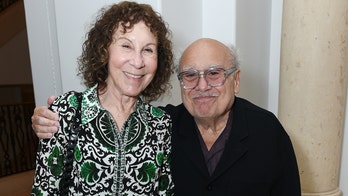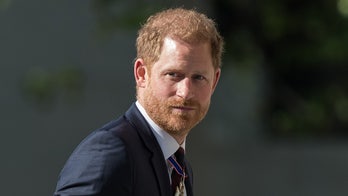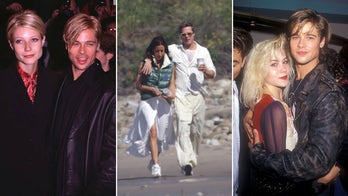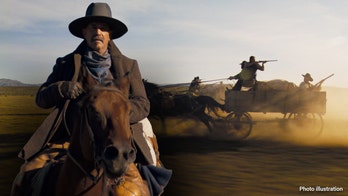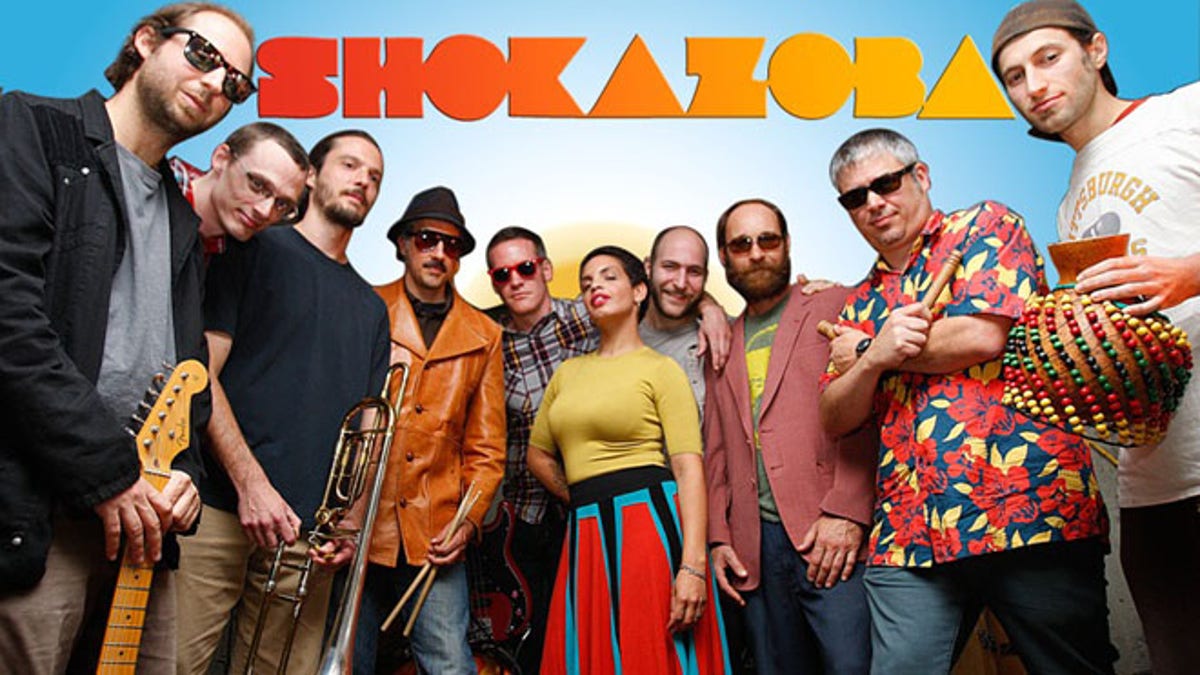
LOS ANGELES – Was popular Massachusetts-based Afro-beat band Shokazoba’s performance on the Hampshire College campus canceled because they were “too white”?
According to the band’s keyboard player Jason Moses, they were booked for the Hampshire Halloween bash on October 7, but last Friday – the day of the party – were shafted by the event organizer, the Hype Committee, after comments were posted on the event Facebook page disparaging the music group because they weren’t black.
“We are appalled. The reason they (Hype) gave us was that their students felt unsafe. When we asked what made them feel that way, they had no concrete answers and the comments about us from a small group of people were deleted from the Facebook wall,” Moses told FOX411. “Our band was extremely excited to play, and although race shouldn’t even be an issue here, we are not an all-white band. We are extremely diverse and over the years have had African-American, Asian, Latino – a lot of different races and ethnicities play with us. The things said about us were not accurate.”
Shokazoba was formed around ten years ago as a means to play tribute to and honor Fela Kuti, a Nigerian multi-instrumentalist musician and pioneer of Afro-beat music. Hampshire College is a private liberal arts college in Amherst, Massachusetts, which was opened in 1970 as an experiment in alternative education. Moses said the seemingly close-minded hypocrisy is hard to contemplate.
“They supposedly champion free speech and free expression,” he said. “And last year at the same party, a band called Zongo Junction played – they’re an all-white Afro-beat band from Brooklyn. That show was a success without incident.”
Moses also noted that the band signed a performance contract with the Hype Committee which stated that it would not discriminate on the basis of race, color, religion, national origin, sex, age, physical ability or sexual orientation. According to experts, the incident points to larger concerns with race relations on college campuses.
“It’s not difficult to imagine how different the response to this story would be if complaints were that a band was ‘too black’ or ‘too Asian.’ Times have changed, but race remains an issue even if it’s in ways we may not expect,” noted Harvard sociologist Dr. Hilary Levey Friedman. Reginald Jones of the National Center for Public Policy Research said he was “completely shocked” by how things played out.
“It makes no sense and this band did nothing wrong,” Jones continued. “That’s what makes music so beautiful, it crosses racial and cultural barriers. It’s a shame they were chased by the PC police. They created a problem where there wasn’t one.”
The Hype Committee did not respond to a request for further comment, but on its Facebook page last week wrote: “Due to concerned students voicing their opinions about the band Shokazoba, we held community dialogue to hear what individuals had to say. As a result of the dialogue, and discomfort expressed by members of the community, we have removed Shokazoba from the lineup.”
Following the event, the committee praised the “many individuals and organizations” that helped them to put on the large-scale party, which has become part of the “Hampshire tradition.”
Hampshire College did not respond to a request for further comment, but in a statement over the weekend rep Elaine Thomas insisted that the students tried to be clear that they meant no disrespect to the members of the band in question, “but wished to raise larger questions and deeper thought within our community.”
On that note, Moses hopes that the controversy will pave the way for a bigger discussion on music and race relations.
“We would love to try and repair the situation, have some sort of open forum at Hampshire College to educate and talk about why this happened,” he added. “We need to make sure no one else is censored in this way. It is totally unacceptable… We’ve played at major musical festivals and Afro-Clubs in Harlem, and nothing like this has ever happened to us before.”

